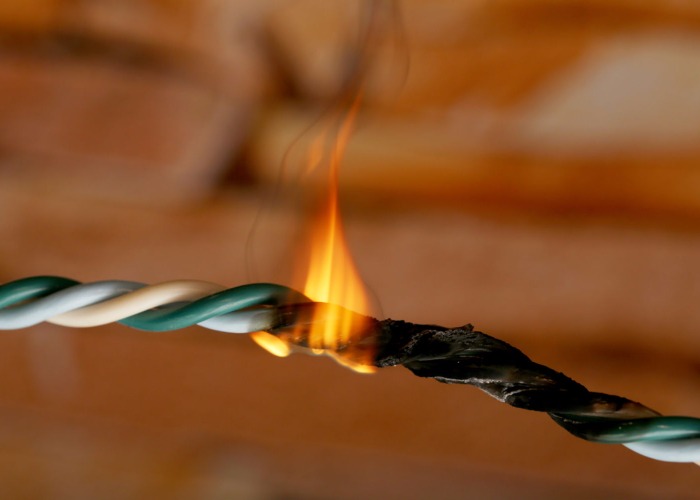Fake and counterfeit goods 'potentially lethal'

The counterfeit goods market is booming. Here's why you shouldn't buy fakes and the selling hotspots to avoid.
Have you got a surprisingly cheap deal on designer goods recently? You might have bought a fake.
The black market in counterfeit goods is booming, according to a BBC investigation.
The most commonly seized items are clothing and accessories, followed by mobile phone accessories, perfume and cosmetics, tobacco, electrical goods, alcohol, DVDs, vehicle parts and footwear.
'Lethal'
Counterfeit goods are becoming more dangerous, with fraudsters faking big brand foods including chocolate bars and bottles of false shampoo.
“The criminal gangs that make these products have no regard for health and safety and as such, products are not being tested to the high UK standards and are therefore potentially lethal to the British consumer,” a spokeswoman for the Anti-Counterfeiting Group told the BBC.
Counterfeit make-up has been found to contain lead, copper, mercury and arsenic which can all cause swelling, rashes and poisoning.
Meanwhile, fake alcohol can be made with antifreeze and fuel, which could lead to kidney problems or even death.
Fake electrical goods have been found to be missing key components making them unsafe.
“We understand that cheaper products can always be tempting but it if turns out to be counterfeit or substandard, then it could be putting you or a loved one at risk,” says Phil Buckly, director general at Electrical Safety First.
“With half of all house fires caused by faulty electrical goods, buying a knock-off product can be a cost too high to pay.”
Costly for local businesses
The trade in counterfeit goods is also having an effect on British business. Many people buy fake items thinking only of the saving they are making not the fact they could be contributing to the death of small local businesses.
“Hundreds of jobs are being lost in sectors that encompass many small businesses, vulnerable to collapse,” says Leon Livermore, chief executive at the Chartered Trading Standards Institute.
"Worryingly, 24% of people have knowingly bought counterfeit goods and a further 21% would consider it to save money.”
Counterfeiting hotspots
There has been a 76% rise in the number of confiscated fake goods between 2014 and 2015.
Hotspots include Manchester, Birmingham and Newham in East London, where there are spikes in the amount of counterfeit goods.
Manchester’s Cheetham Hill has been branded Counterfeit Street by the Intellectual Property Office due to the sheer volume of fake clothing seized there.
In one haul from the area, 25,600 items of fake clothing were taken off the streets.
One item that is frequently seized is headphones that are falsely branded as Beats by Dr Dre. In 2014, one incident in Manchester saw 2,115 fake headphones seized.
Boost your income with a 5% interest current account today
The scams you need to know about:
How criminals steal your banking details at an ATM
Comments
Be the first to comment
Do you want to comment on this article? You need to be signed in for this feature